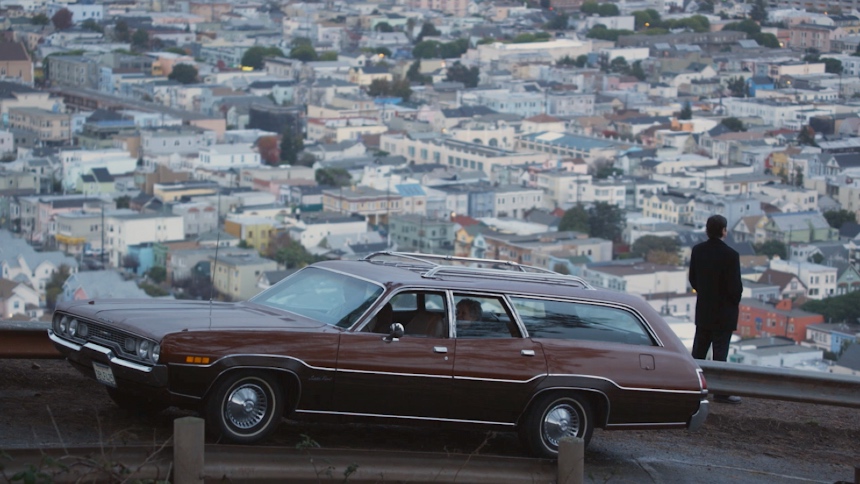New York 2024 Review: SUBURBAN FURY, The Truth is Still Out There in This Captivating Documentary Thriller

Even with all the collective force of human imagination, evidenced by books, scripts and conspiracy theories, nothing can be as wonderfully and sometimes scarily incredible as reality. Some history lessons, even seemingly lesser ones, are so genuinely wild it’s hard to be certain what they teach, if anything at all.
One of the stories that fall under this category is the one of Sara Jane Moore, a suburban single mother turned FBI informant after the Patty Hearst kidnapping, who attempted to assassinate US President Gerald Ford in 1975. Her efforts weren’t successful and Moore went to prison for thirty years. Her figure has become almost forgotten, especially next to Charles Manson’s protégé Lynette Fromme, who also attempted to kill Ford, mere weeks prior to Moore.
Now a 93-year-old woman, Moore has been out on parole since 2007, and her unique story becomes the central subject of the documentary Suburban Fury, which had its world premiere at the New York Film Festival. The film is directed by Robinson Devor, the author who ostensibly feels comfortable handling the material, as his previous filmography (The Woman Chaser, Police Beat, Pow Wow), both scripted and not, revolved pretty consistently around exploring the bizarreness of the world.
In Suburban Fury, he takes an ambitious aim, as his film is simultaneously a documentary portrait and a political thriller, the genre most popular in the time when the would-be assassination occured. It is also a commentary on societal failures, and a self-conscious dig at the impossibility to ever fully examine the truth.
Sara Jane Moore is the only one telling the story here, and she is undoubtably an unreliable narrator. The robotic voiceover of her FBI handler, “Bert Worthington”, that comes through at times, is not, in fact, real; these are Moore's recollections of the conversations she had with the man many years ago.
The contradictions are evident from early on, and as the film moves forward, it is also clear that Moore is creating her own myth, shying away from talking in detail about anything that might provide an insight into her psych and her reasoning, while focusing on what she wishes to focus on. “You won’t even let me get through the story. It’s a sequence,” Moore acuses agitatedly at some point, concluding with: “Shut up, and let me have my minute”.
Devor actually does succumb to this demand, letting his heroine lead the way, and therefore, bypasses most of the aesthetical tools expected from the documentary form. There are no talking heads, no reconstructions. There’s Moore shot usually in a car or a hotel room straight from her story, and there’s the archive footage. For a movie that doesn't make a secret of its resolution, and features a lot of aerial shots and images of dark roads, Suburban Fury comes off as an incredibly cinematic and high-energy viewing experience.
The conclusion here isn’t really the gun drawing but the idea that anger and violence aren’t only psychological reactions but also social and political tools. There is another seemingly throwaway remark from Moore that might be telling: the reason why she had a “good name of the streets” at a certain point, she says, was due to her innocence and stupidity, another two greatly underestimated factors in the direction of history.
Ironically, the more ideas are thrown in, the jumpier the narrative grows, and the more this movie becomes realistic. This is the way reality always strikes back: by being more inexplicable than anything consciously constructed by humans.
The film enjoyed its world premiere at this year's edition of the New York Film Festival.
Suburban Fury
Director(s)
- Robinson Devor
Writer(s)
- Robinson Devor
- Bob Fink
- Charles Mudede
Cast
- Sara Jane Moore







